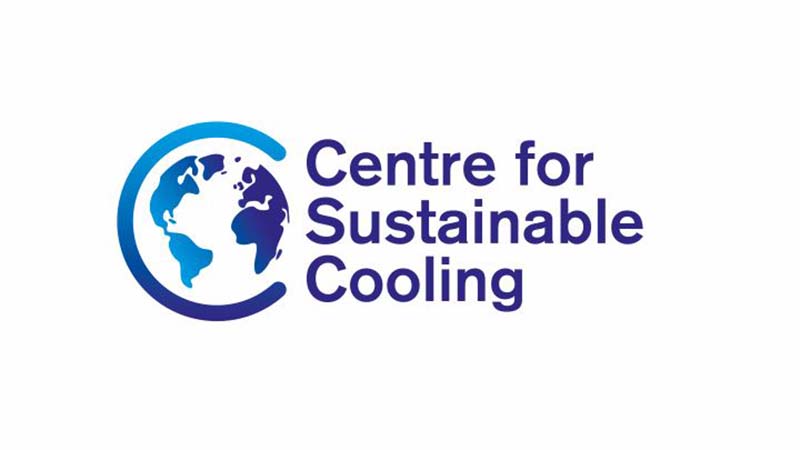Published:

UK Universities, including Heriot-Watt University, has multi-disciplinary researchers from around the globe joining forces in an innovative new research centre. The centre is aimed at speeding up the use of radical new cooling solutions to help small-holder farmers, medicine suppliers and others make the most of clean and sustainable chilled distribution systems.
Researchers at the Centre for Sustainable Cooling (CSC) will work closely with governments, international development agencies, NGOs and industry to deliver sustainable cooling for all.
The CSC will transform clean cold research into affordable technology, working through global partners including Kyushu University, Japan; Nanyang Technological University, Singapore; Norwegian University of Science and Technology; CEPT India, Technical University – Sofia; Institute of Engineering Thermophysics (IET), Chinese Academy of Sciences, and University of Science and Technology Beijing, plus UK universities such as Heriot-Watt, Aston, Birmingham, Brighton, Brunel, London South Bank and Loughborough.
Aiming to accelerate delivery of access to cooling for all who need it sustainably by combining science and technology with policy and skills development, the CSC will work with partners to help create a global sustainable cooling economy. This will simultaneously help reduce energy consumption and greenhouse gas emissions simply and effectively – particularly in countries of the Global South.
Garry Pender, Heriot-Watt Deputy Principal for Research and Innovation said: "New technology will play a critical role in addressing the challenge ahead, but it must be affordable and easily deployed in developing countries. This is why it is so important that all partners work together to create the right environment to bring new technology to market quickly and effectively. How we meet this challenge and provide cooling for all will have important ramifications not only for our climate, but also for our broader aspirations for a sustainable future.”
CSC Founding Director, Toby Peters, Professor of Cold Economy at the University of Birmingham said: “Access to cooling is not a luxury. It is about fresh food, safe medicines and protection from heat for populations in a warming world.
“It is vital for economic productivity as it allows workers, farmers and students to function effectively in comfortable environments. “In establishing the Centre for Sustainable Cooling, we are leading the drive towards the radical intervention needed to deliver a lot more cooling for people, products and processes our over-heating world will demand sustainably.
“If we are to deliver access to cooling for all who need it, we will potentially see four times as many appliances deployed using five times as much energy as today. How we meet this challenge and provide cooling for all will have important ramifications not only for our climate, but also for our broader aspirations for a sustainable future.”
Agricultural economic growth in countries such as India depends upon connecting farmers with markets – cold chains are vital to transport perishable produce, which can otherwise suffer up to 40% loss in the journey from farm to market.
Cold-chain connectivity and reduction in food loss would ensure more revenue and increase farmers' economic wellbeing, but sustainable technology must drive cooling systems if they are not to increase the risk of climate change.
The CSC will create in-market proving grounds that allow emerging technology to be tested and demonstrate impact - providing a launch pad for accelerated deployment and establishing a showcase to allow investors to back the new products.
Professor Martin Freer, Director of Birmingham Energy Institute, commented: “Sustainable cooling starts with what we can do today to reduce energy demand and deliver efficiency improvements. Though such interventions are important, putting doors on supermarket chiller cabinets will not deliver the required reductions in energy usage, emissions and pollution.
“The Centre for Sustainable Cooling will lead the way in radically reshaping cooling provision – translating research into practical, affordable solutions applications whilst helping to develop innovative policy and business process that result in a cooler world.”
He added: “The CSC would focus on developing the right mix of novel energy solutions, thermal storage, cooling technologies, business models and policy interventions to give people needing to use sustainable cooling opportunity to maximise their business whilst helping to limit global warming.”
Susan Kerr
Communications Officer
T: 0131 451 3242
E: susan.kerr@hw.ac.uk